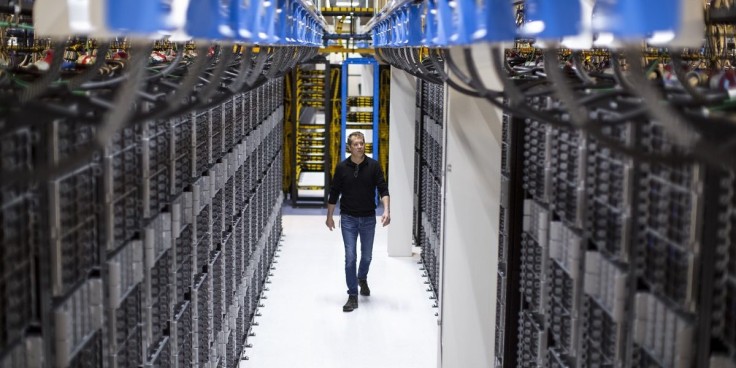AI data centers continue to drive up demands for electricity in the US as the so-called "AI boom" wages its third year amid growing power supply problems.
According to the Electric Power Research Institute, AI data centers are estimated to consume double the amount of electricity in the US by 2026 as demands continue to rise.

If no mitigation is done, the research projected that the data centers would soon consume 4.6% to 9.1% of the country's total energy supplies in 2030.
The research warned that the rapid surge in power demand could drive up electricity prices, especially in the 15 states where 80% of the data centers are concentrated.
ChatGPT, for example, reportedly consumes 17,000 more power than an average US household every day.
This is equivalent to around half a million kilowatt-hours of electricity used across its multiple data centers, according to the Business Insider.
US's Transition Towards Green Energy Faces Hurdles from AI Demands
The impact of the growing AI industry on US power supplies could hinder the government's plan to push for green energy.
The Financial Times has earlier reported that demands for natural gases and fossil fuels in the US have spiked amid the country's pursuit to develop and distribute more AI technology.
The reason is that renewable energy sources could not keep up with the high power demands of electricity data centers needed, a task that the easily-processed fossil fuels and natural gases could meet.
This comes in as the White House pours billions of dollars into several microchip and semiconductor businesses in an effort to revitalize the country's tech industry.
Advanced chips are used primarily to process high-end data often seen in AI data centers as startups try to secure loads of the product for their new projects.
Related Article : AI Revolution Drives Higher Demands for Natural Gases, Fossil Fuels
How Will High AI Demands Impact US Households?
Experts noted that average Americans will be the most affected by the growing demands for electricity as business sectors and US households compete for electric needs amid climate change making the planet hotter.
The Meet has already warned that the US power supplies are reaching critical levels as more frequent power interruptions and higher bills may soon roll out in the coming years.
Such concerns have already been highlighted in Texas in 2021 after a power outage stemmed from the surge in crypto-farming data centers in the state.









